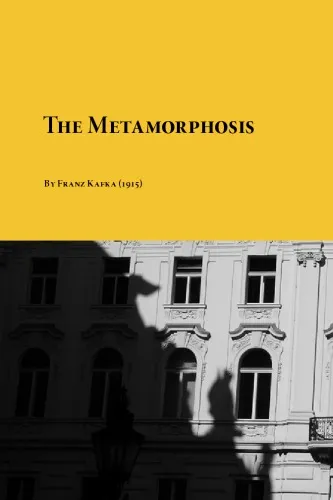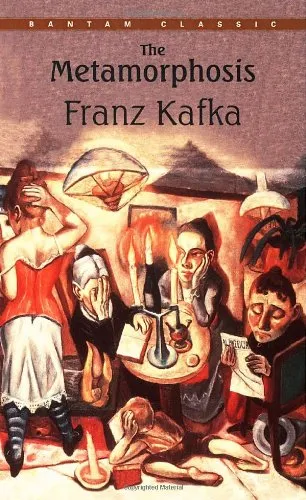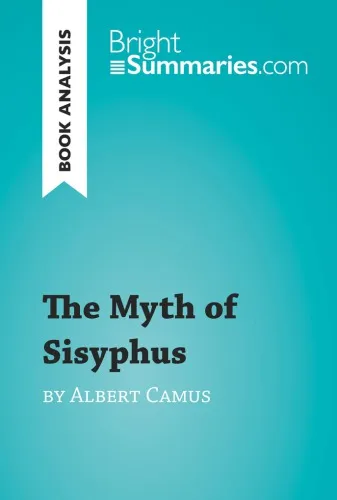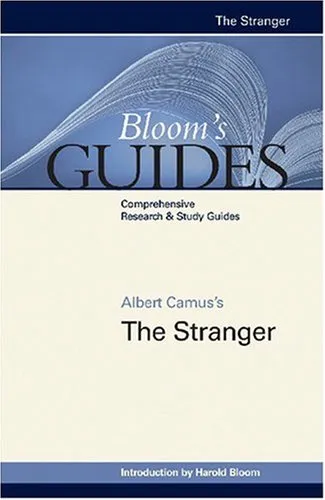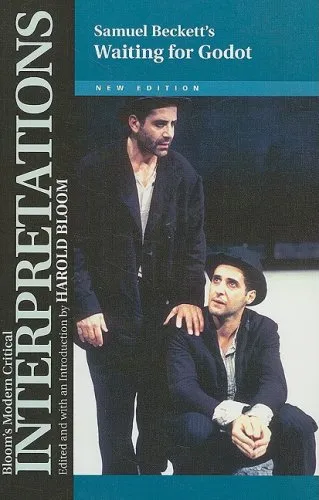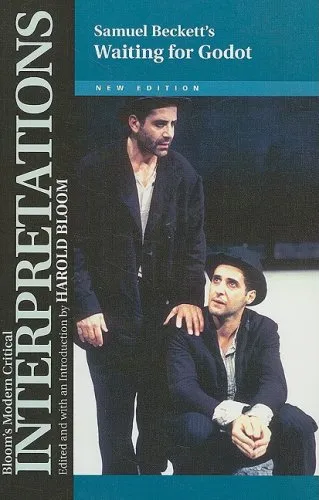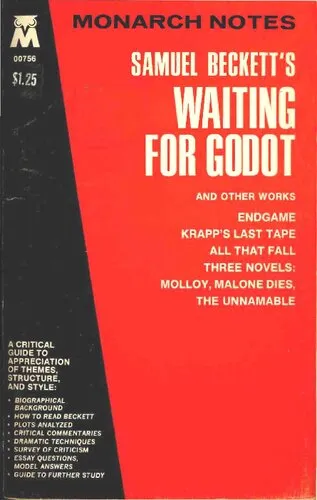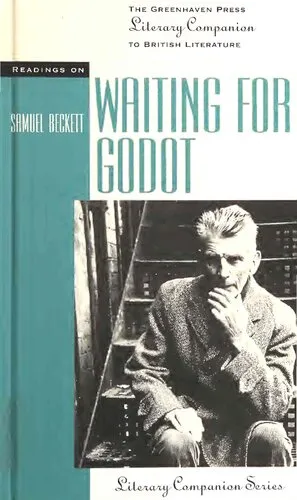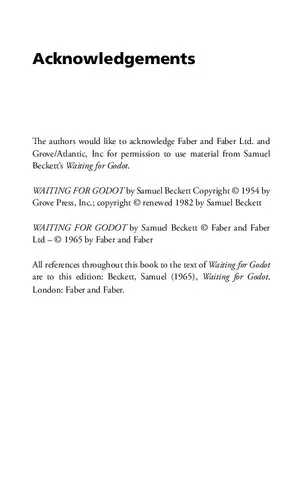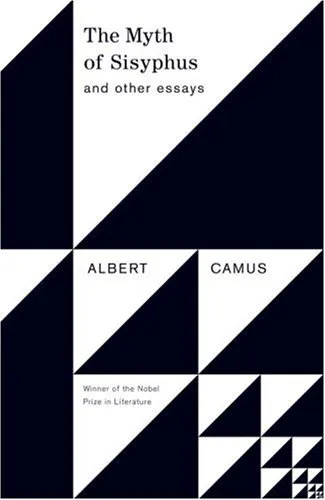Samuel Beckett, Waiting for Godot
4.6
Reviews from our users

You Can Ask your questions from this book's AI after Login
Each download or ask from book AI costs 2 points. To earn more free points, please visit the Points Guide Page and complete some valuable actions.Related Refrences:
Introduction to "Samuel Beckett, Waiting for Godot"
Samuel Beckett's "Waiting for Godot" stands as a monumental work in the realm of modern theater, defining the genre of absurdist drama and reshaping narrative exploration with its minimalist approach and existential themes. This introduction delves deeply into the nuances of the play, offering insights into its structure, themes, and cultural impact.
Detailed Summary of the Book
"Waiting for Godot" is a play that unfolds in two acts. The story centers around two main characters, Vladimir and Estragon, who engage in a series of conversations while waiting for someone named Godot. The narrative is marked by its seemingly circular plot structure, where time appears stagnant and conversations with meandering thoughts offer little in the way of resolution. Beckett uses this setup to explore fundamental themes such as existentialism, the absurdity of human existence, and the dichotomy of hope and despair.
The play predominantly takes place on a country road with a single barren tree, symbolizing stark desolation and barrenness, which is reflective of the characters' inner worlds. While waiting endlessly, Vladimir and Estragon encounter other characters such as Pozzo and Lucky, who contribute to the surreal quality of the narrative with their own perplexing and symbolic companionships. Throughout the play, Godot’s identity remains a mystery, which underlines the existential uncertainty at the play's core, leaving both the characters and the audience suspended in perpetual anticipation.
Key Takeaways
"Waiting for Godot" invites audiences to contemplate significant philosophical questions. One key takeaway is the theme of existential waiting and the search for meaning in life. The play effectively captures the human condition of seeking purpose amidst apparent meaninglessness. The interactions between Vladimir and Estragon also highlight the importance of companionship in enduring life's uncertainties. Moreover, the repetition and lack of conventional plot progression reinforce the idea of cyclical time and the monotony that often accompanies existence.
Famous Quotes from the Book
Beckett's "Waiting for Godot" is imbued with lines that resonate deeply and provoke thought. Some of the most notable include:
- "Nothing to be done." - This phrase captures the essence of the play's existential conundrum and the recurring theme of inertia.
- "We always find something, eh Didi, to give us the impression we exist?" - This line poses important questions about purpose and perception.
- "Let's go." "We can't." "Why not?" "We're waiting for Godot." - This exchange highlights the central act of waiting and the resulting paralysis.
Why This Book Matters
"Waiting for Godot" is pivotal in modern literature because it challenges traditional narrative forms and expectations. The play’s reliance on dialogue and minimal action emphasizes the depth of human introspection and communication. Beckett’s work is a cornerstone in the literature of the absurd, influencing countless writers and thinkers. Its endurance over decades highlights its timeless relevance, maintaining its place as a subject of scholarly discussion, theatrical performance, and philosophical debate. This play matters because it pushes boundaries, inviting continuous exploration into the fabric of human existence.
Free Direct Download
You Can Download this book after Login
Accessing books through legal platforms and public libraries not only supports the rights of authors and publishers but also contributes to the sustainability of reading culture. Before downloading, please take a moment to consider these options.
Find this book on other platforms:
WorldCat helps you find books in libraries worldwide.
See ratings, reviews, and discussions on Goodreads.
Find and buy rare or used books on AbeBooks.
1540
بازدید4.6
امتیاز0
نظر98%
رضایتReviews:
4.6
Based on 0 users review
Questions & Answers
Ask questions about this book or help others by answering
No questions yet. Be the first to ask!

